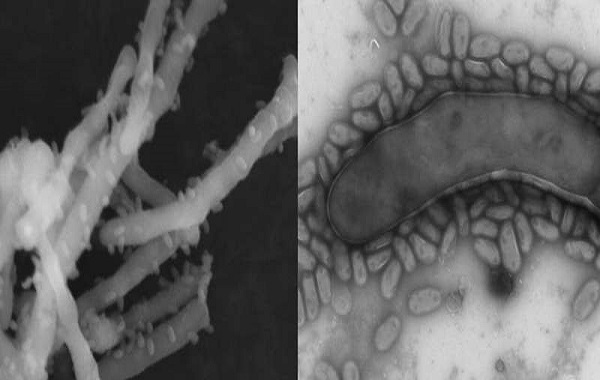When trying to find misplaced keys, there are a variety of attainable methods. You would possibly attempt transferring from room to room, casting your eye over each flat floor, within the hope of recognizing the lacking keys. After all, this assumes that they’re someplace in plain sight; in the event that they’re hidden below a newspaper or have fallen behind the couch, you’ll by no means spot them. So which is the perfect technique?
Scientists face an analogous conundrum within the hunt for gravitational waves—ripples within the material of house and time—from quickly spinning neutron stars. These stars are the densest objects within the universe and, supplied they’re not completely spherical, emit a really faint “hum” of continuous gravitational waves. Listening to this “hum” would enable scientists to peer deep inside a neutron star and uncover its secrets and techniques, yielding new insights into essentially the most excessive states of matter. Nevertheless, our very delicate “ears”—4-kilometer-sized detectors utilizing highly effective lasers—haven’t heard something but.
Half of the problem is that, just like the lacking keys, scientists aren’t certain of the perfect search technique. Most earlier research have taken the “room-to-room” strategy, attempting to discover continuous gravitational waves in as many various locations as attainable. However this implies you possibly can solely spend a restricted quantity of time listening for the telltale hum in anyone location—in the identical manner that you would be able to solely spend so lengthy observing your espresso desk attempting to discern a key-shaped object. And for the reason that “hum” may be very quiet, there’s probability you gained’t even hear it.
In a just lately printed research, a group of scientists, led by postdoctoral researcher Karl Wette from the ARC Heart of Excellence for Gravitational Wave Discovery (OzGrav) on the Australian Nationwide College, tried the “the place else may they be however the kitchen?” strategy.
Wette explains: “We took an informed guess at a selected location the place continuous gravitational waves is perhaps, based mostly partly on what we already find out about pulsars—they’re like neutron stars however ship out radio waves as an alternative of continuous gravitational waves. We hypothesized that there could be continuous gravitational waves detected close to pulsar radio waves.” Similar to guessing that your lacking keys will in all probability be shut to your purse or pockets.
Utilizing present observational information, the group spent lots of time looking on this location (practically 6,000 days of laptop time) listening rigorously for that faint hum. Additionally they used graphic processing models—specialist electronics usually used for laptop video games—to run their algorithms super-fast.
“Our search was considerably extra delicate than any earlier seek for this location,” says Wette. “Sadly, we didn’t hear something, so our guess was unsuitable this time. It’s again to the drafting board for now, however we’ll preserve listening.”
Supply: DOI: 10.1103/PhysRevD.103.083020 https://journals.aps.org/prd/
Deep house listening: 6000 hours of research to hear continuous gravitational waves
Why Don’t Black Holes Swallow All of House? This Rationalization Is Blowing Our Tiny Minds
Dikkat: Sitemiz herkese açık bir platform olduğundan, çox fazla kişi paylaşım yapmaktadır. Sitenizden izinsiz paylaşım yapılması durumunda iletişim bölümünden bildirmeniz yeterlidir.
Supply: https://www.bizsiziz.com/deep-space-listening-6000-hours-of-research-to-hear-continuous-gravitational-waves/



